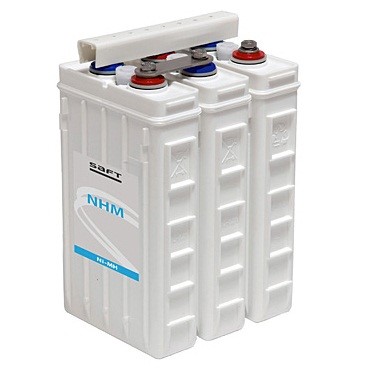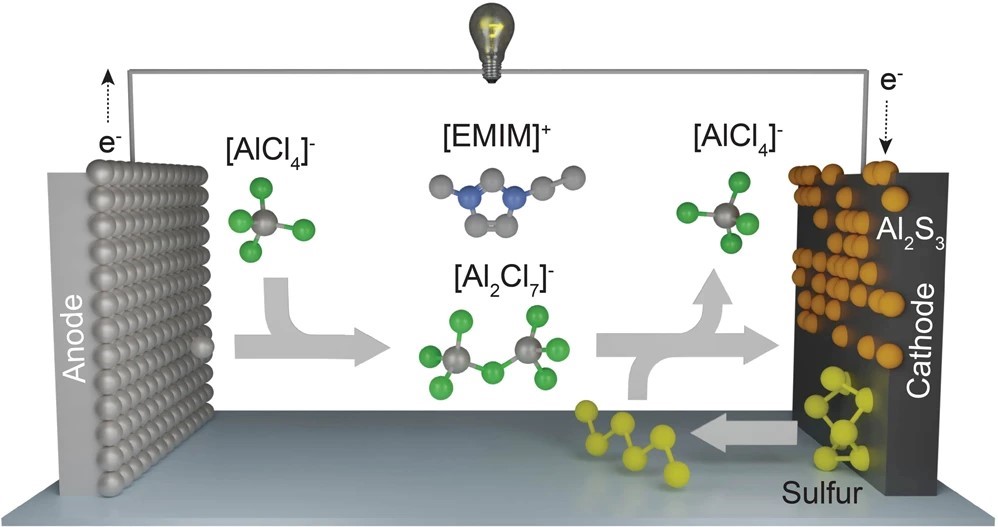
Nickel-Cadmium Batteries (Ni-Cd)
Nickel-Cadmium Batteries (Ni-Cd)
Nickel-Cadmium batteries, or Ni-Cd for short, are a type of rechargeable battery that were widely used in the past. These batteries use nickel(III) oxide and metallic cadmium as electrodes.
Structure and Operation:
Positive Electrode: The positive electrode uses nickel hydroxide, which converts to nickel oxide during discharge.
Negative Electrode: The negative electrode is made of cadmium, which converts to cadmium hydroxide during discharge.
Electrolyte: The electrolyte is usually an aqueous solution of potassium hydroxide that acts as an ionic conductor.
When the battery discharges, nickel and cadmium ions move in the electrolyte and undergo chemical reactions that produce electric current. During charging, these reactions are reversed and the battery is recharged.
Advantages:
Long lifespan: Ni-Cd batteries have a long life and can endure many charge/discharge cycles.
Low memory effect: Compared to older Ni-Cd batteries, these are less prone to the memory effect, which reduces capacity if the battery is recharged before being fully discharged.
Good performance at low temperatures: These batteries perform well even in cold conditions.
Tolerance to overcharge: They are not sensitive to overcharging and can be fully charged multiple times without damage.
Limitations:
Cadmium toxicity: Cadmium is a toxic heavy metal, and disposal of these batteries harms the environment.
Higher cost: Their production cost is higher compared to some other types of batteries.
Memory effect: Although reduced, memory effect may still occur.
Low energy density: Ni-Cd batteries have lower energy density compared to lithium-ion batteries.
Applications:
Despite their drawbacks, Ni-Cd batteries are still used in certain specific applications:
Power tools: Due to their high current output, they are used in drills, electric saws, and other power tools.
Medical equipment: Some medical devices such as pacemakers use Ni-Cd batteries.
Military applications: Their reliability and good performance in low temperatures make them suitable for military equipment.
Alternatives to Nickel-Cadmium Batteries:
Due to environmental concerns and higher costs, lithium-ion batteries have become the primary alternative to Ni-Cd batteries. Lithium-ion batteries offer higher energy density, lighter weight, and longer lifespan.



0 Comments